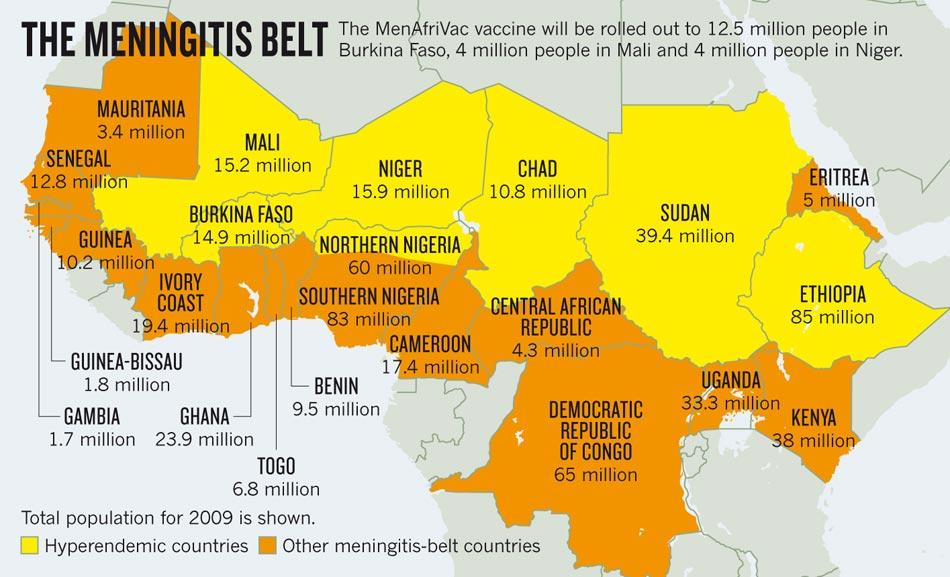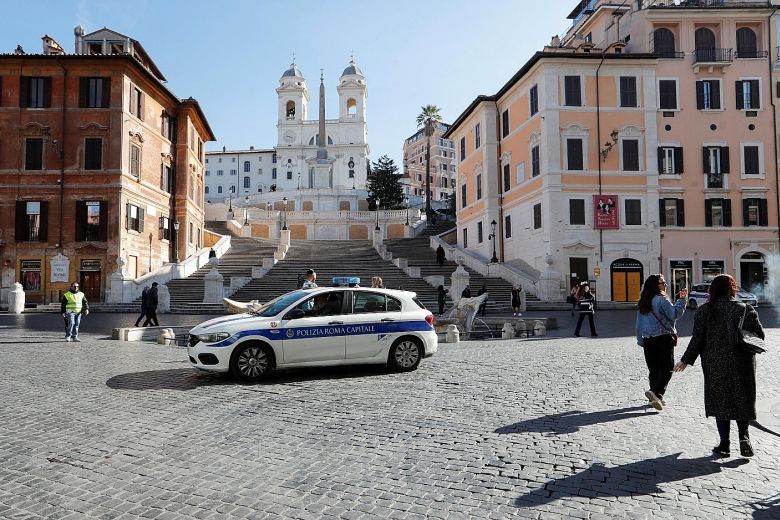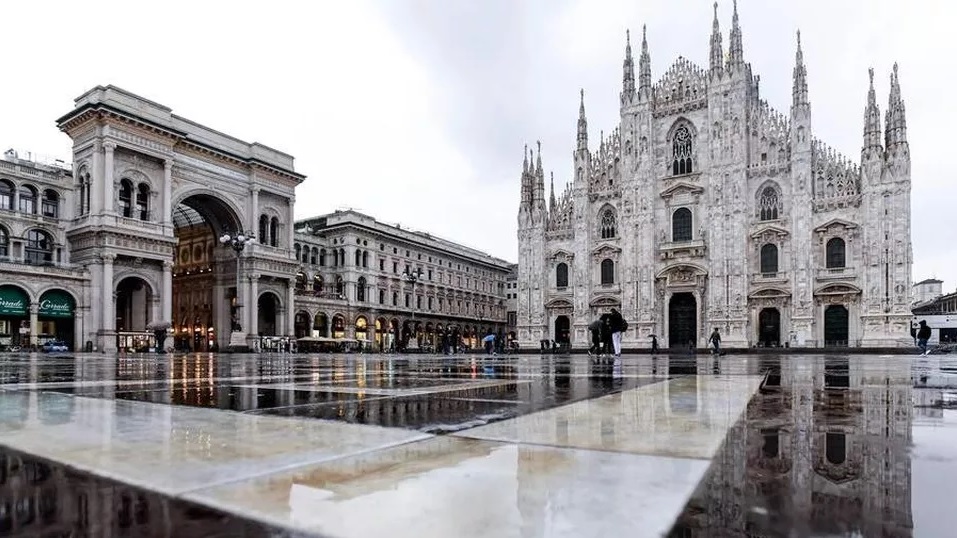People often make comments to the effect that there is no relationship between being Muslim and paedophilia, that this non-indigenous religious group has been unjustly targeted.
As an example, here's what I found posted in a
student forum:
What I've never been able to grasp is why whenever middle-eastern men commit a crime, they are not identified by their nationality, but by their religion? This is blatantly an attempt to make Islam look bad. If a brit were to rape a teenager, it wouldn't say "Chrisitan [sic] male rapes teenager". How do you even know that these people are in fact muslims? Is it their names?
This might seem irrelevant, but if their seemingly muslim heritage is the only thing that links them together, then it is not at all an epidemic. I could just as easily find an epidemic of increasing Christian murderers in the UK.
PS: I'm not a muslim myself. I just find this extremely hypocritical.
Someone else in the forum corrected the poster saying that these childrens' sexual abuse crimes are not commited by "middle-eastern men" but mostly by UK Pakistanis.
Putting aside the factual errors of the comment quoted above and its naivety, it nevertheless expresses a recurring opinion that we hear frequently.
Nothing could be further from the truth.
First, far from being targeted, Muslim paedophiles have been let off the hook for decades by police, social services and
media, who were too afraid to establish the connection between Muslims and paedophilia and left them undisturbed to go about their business sometimes for as long as 40 years.
It is interesting to note that one of the people responsible for the cover-up, Joyce Thacker, Rotherham Council's Strategic Director of Children and Young People’s Services, is the same woman who
took three children away from their foster parents because these were members of the right-wing UK Independence Party. In the end, both these scandals helped
UKIP and the BNP achieve second and third place in the recent Rotherham by-election, which gave UKIP in particular a record result.
Second, even today, after the truth has been exposed, there is a strong reluctance in public discourse to make this link, reluctance of which the comments I described above are an example. Just look at this video clip of an episode of the
BBC programme Question Time to see a glaring case of people falling over backwards in order not to say the "M" word. So great is in many the fear to be called racist and Islamophobic, that they resort to any way to avoid saying "Muslim" and "paedophile" in the same breath, even if it means offending others.
Non-Muslim Asians like Hindus and Sikhs have resented the fact that Muslim paedophiles have been called "Asian men", implying an involvement of the Asian community as a whole which does not exist.
And, as is so blatantly and painfully obvious in the Question Time video clip, Catholicism and the Catholic Church have been dragged into this discussion for no other reason than to distract the public, to draw attention away from the fact that the paedophiles we are talking about are indeed Muslim.
So other, innocent religious groups have been unjustly blamed to avoid accusing the real culprits.
Third, there is a high statistical correlation between the UK's Muslim community and paedophile gangs. The Times and
The Daily Mail in 2011 reported some illuminating figures:
Charities and agencies working in conjunction with the police to help victims of sexual abuse in such cases have publicly denied there is a link between ethnicity and the on-street grooming of young girls by gangs and pimps.
But researchers identified 17 court prosecutions since 1997, 14 of them in the past three years, involving the on-street grooming of girls aged 11 to 16 by groups of men.
The victims came from 13 towns and cities and in each case two or more men were convicted of offences.
In total, 56 people, with an average age of 28, were found guilty of crimes including rape, child abduction, indecent assault and sex with a child.
Three of the 56 were white, 53 were Asian. Of those, 50 were Muslim and a majority were members of the British Pakistani community.
Those convicted allegedly represent only a small proportion of what one detective called a ‘tidal wave’ of offending in Yorkshire, Lancashire, Greater Manchester and the Midlands.
The fourth is a very strong argument that goes straight to the core and deep to the foundations of the correlation between Islam and paedophilia.
Islam does not forbid paedophilia, indeed it allows and even rules about it. The following Quranic verse refers to times when divorce is allowed - notice "those too who have not had their courses", meaning prepubescent girls (wives) who had not started menstruating:
And (as for) those of your women who have despaired of menstruation, if you have a doubt, their prescribed time shall be three months, and of those too who have not had their courses; and (as for) the pregnant women, their prescribed time is that they lay down their burden; and whoever is careful of (his duty to) Allah He will make easy for him his affair.
Qur'an 65:4
And from the
Bukhari, a collection generally regarded as the most authentic of all hadith (saying or act of Muhammad) collections:
The Prophet wrote the (marriage contract) with 'Aisha while she was six years old and consummated his marriage with her while she was nine years old and she remained with him for nine years (i.e. till his death). Bukhari 7.62.88
"Allah's Apostle said to me, "Have you got married O Jabir?" I replied, "Yes." He asked "What, a virgin or a matron?" I replied, "Not a virgin but a matron." He said, "Why did you not marry a young girl who would have fondled with you?" Bukhari 59:382
Another hadith compilation confirms
what he meant by "young girl":
'A'isha (Allah be pleased with her) reported: “Allah's Messenger (may peace be upon him) married me when I was six years old, and I was admitted to his house at the age of nine.” (Sahih Muslim 3309)
It seems hard to believe that Islam has no problem with paedophilia if you don't know that Muhammad, who is for Muslims the ideal man, the "perfect example", the supreme example of conduct, the model to follow and imitate, just as Jesus is for Christians, was indeed a paedophile. He married Aisha, one of his wives, when she was 6 and had complete sexual intercourse with her when she was 9.
The argument that in those times the law and public moral code were different is irrelevant here. First of all, a religion, to be worthy of that name, must give ethical guidance and directions. The self-proclaimed founder of a new religion who passively follows the diktats of contemporary mores without questioning them, without having a vision for the future - as Jesus Christ did, whose ethics is modern and in fact pioneering even today, after 2 millennia -, does not deserve the title of prophet and his is not a religion.
Secondarily, that argument must be overturned. Paradoxically, saying that Muhammad just followed the rules of his day not only gives him and his pseudo-religion the coup de grace, but also encapsulates in one sentence what is wrong with Islam: a 7th-century AD warlord who was simply a slave of his time, killing, slaughtering, having multiple wives, having sex with children, was no better and no worse than many others of his contemporaries; but what has made him so perverse is that he enshrined all these terrible behaviours into moral guidelines for the posterity, so that what could have been consigned to history long time ago, barbarism, gratuitous violence, oppression of women, paedophilia - among his other abominable activities -, has now been set in stone for all future generations to obey to and adopt as an ideal way to conduct one's life.
And this leads us to the fifth point, that
paedophilia is commonly practiced with the blessing of the law in Muslim countries today, in 2012, as child marriage. From
WikiIslam:
A second look at the question; was Muhammad a pedophile? One of the most disturbing things about Islam is that it does not categorically condemn pedophilia. Indeed, it cannot, for to do so would draw attention to the pedophilia of Muhammad, the founder of Islam. Many Muslims cannot condemn pedophilia even if they would like to, for they would have to abandon Islam. Muslims tacitly approve of pedophilia, even if they are embarrassed to say so. So mesmerized are Muslims by the example of Muhammad's pedophilia that they are unable to categorically denounce pedophilia or feel shame. It is prevalent in many Muslim countries disguised as child marriage. The UN is today trying to stop the evil of child marriage among the backward Islamic regions of Asia and Africa. The future of some 300 million young girls depends on it.
Scholar of Islam
Raymond Ibrahim writes:
Article 1041 of the Civil Code of the Islamic Republic of Iran states that girls can be engaged before the age of nine, and married at nine: "Marriage before puberty (nine full lunar years for girls) is prohibited. Marriage contracted before reaching puberty with the permission of the guardian is valid provided that the interests of the ward are duly observed."
The Ayatollah Khomeini himself married a ten-year-old girl when he was twenty-eight. Khomeini called marriage to a prepubescent girl "a divine blessing," and advised the faithful: "Do your best to ensure that your daughters do not see their first blood in your house."
 Meningitis Belt, in Africa
Meningitis Belt, in Africa

